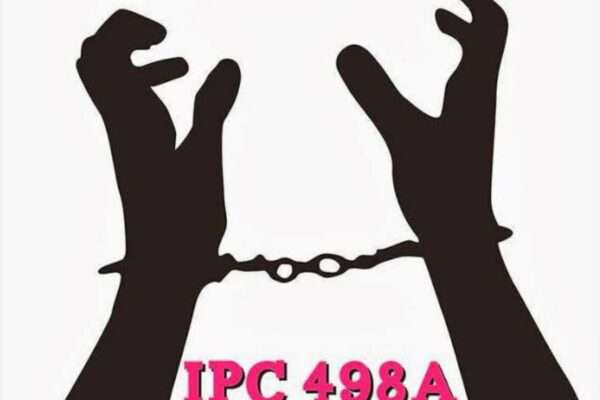
Bombay High Court Orders Wife to Pay Maintenance to Ex-Husband
The Bombay High Court ruled that under Section 25 of the Hindu Marriage Act, a financially dependent ex-husband can claim maintenance from his ex-wife after divorce.

The Bombay High Court ruled that under Section 25 of the Hindu Marriage Act, a financially dependent ex-husband can claim maintenance from his ex-wife after divorce.

The Madhya Pradesh High Court held that when a husband has custody of minor children, his convenience in legal proceedings should be prioritized. The wife’s request to transfer the matrimonial case was rejected.

The Madras High Court has ruled that a man who did not reveal his impotency before marriage can be booked for cheating under IPC Sections 417 and 420. The wife was misled and humiliated, the court noted.

The Delhi High Court ruled that a wife’s rejected maintenance plea during divorce proceedings does not prevent her from seeking maintenance under Section 125 CrPC, reinforcing her independent legal right.

Union Law Minister Kiren Rijiju has urged all states to establish family courts in every district with a population above 10 lakh, highlighting the need for sensitive handling of family matters.

The Calcutta High Court allowed a wife’s plea to shift her divorce case from Cooch Behar to Siliguri due to financial hardship and safety concerns. The court emphasized showing leniency to the wife in such matters.

The Supreme Court has ruled that a mother, as the natural guardian of her child, can decide the child’s surname, especially after remarriage. The court also criticized a lower court’s directive as harmful to the child’s well-being.

Chhattisgarh High Court ruled that false complaints under section 498-A IPC cannot be used as a weapon to settle personal scores against the husband’s family. Such false allegations cause mental cruelty and impact divorce cases.

The Delhi High Court revealed a sad reality where husbands force their wives to file execution petitions to delay court-ordered maintenance payments. This causes hardship for women and children depending on timely support.

The Karnataka High Court ruled that a husband treating his wife like a “cash cow” amounts to mental cruelty and granted her divorce after reviewing financial and emotional evidence.